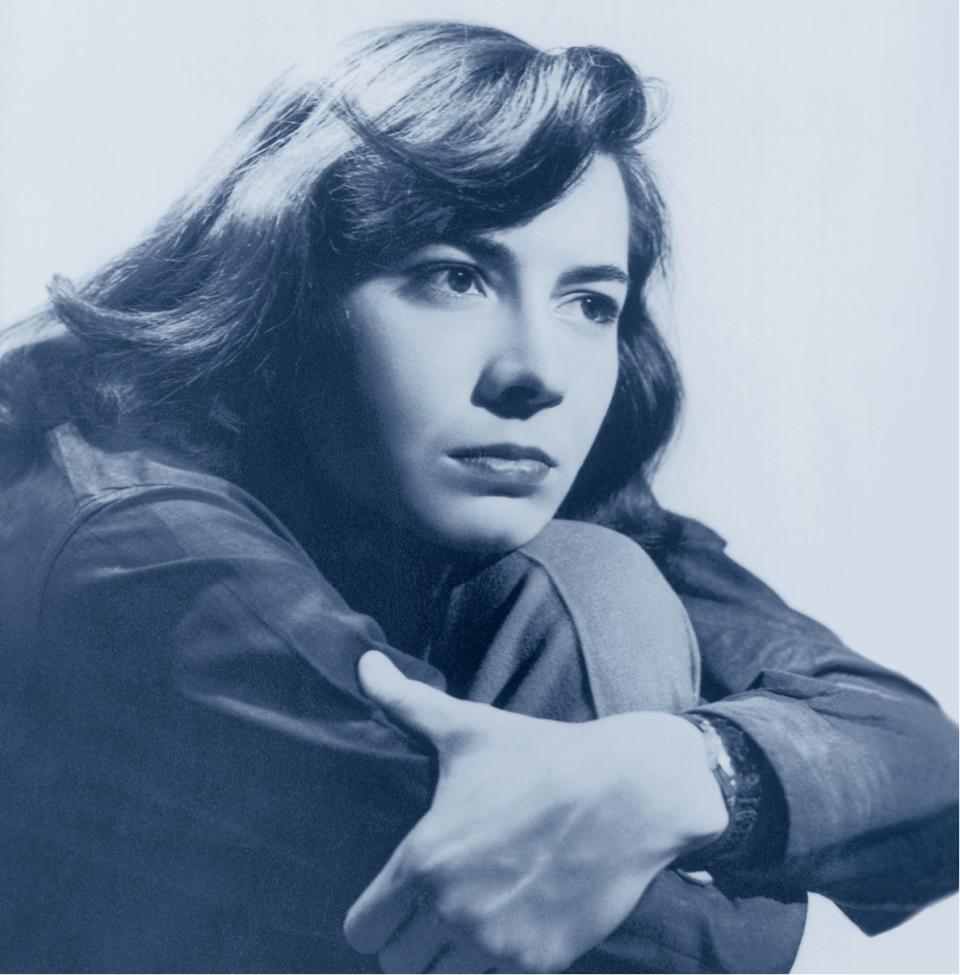Patricia Highsmith 100 years on review: “she was a sexual predator, a liar and a sadist”

The Talented Patricia Highsmith
(Bloomsbury/Virago)Patricia Highsmith, the doyenne of the psychological suspense novel, was born in Texas one hundred years ago this January. Her five Ripley thrillers – the so-called “Ripliad” – are among the most disturbing books ever written. Few writers fathomed with such intensity the dark places of the human mind. Tom Ripley, with his social envy and bouts of self-loathing, is at times quite a charming psychopath. Highsmith’s fiction, a marvel of taut, luminous prose, unsettles by its refusal to judge the amoral Ripleys of this world. Highsmith was the “the poet of apprehension”, said Graham Greene.
Much of Highsmith’s own personality went into the deviant Ripley, according to her latest biographer Richard Bradford. Like Ripley, Highsmith was pretty disturbed; she loathed Jews, African Americans, Roman Catholics and “pansy” gay men in equal measure. A “sexual predator” as well as a “liar and sadist”, she preferred animals to human beings and believed that menstruating women should not be allowed into public libraries. Deeply eccentric, she kept a colony of pet snails on a head of lettuce in her handbag, having smuggled them out of her adoptive France in her brassiere. What else?

Highsmith was unabashedly gay. She did occasionally have sex with men, but her real “pleasure beyond all pleasures” was sex with women. The Price of Salt - the semi-autobiographical lesbian love story she published under the pen name Claire Morgan in 1952 and later reissued as Carol – is electric with scenes of same-sex intrigue and concealment. Oddly for a declared anti-Semite, Highsmith’s lovers were often Jewish. The key to her true “execrable” nature, says Bradford, lies in her traumatic childhood.
A ‘sexual predator’ as well as a ‘sadist and liar’, she preferred animals to human beings and believed that menstruating women should not be allowed into public libraries
Using unpublished diaries and letters, Bradford chronicles Highsmith’s damaged relationship with her stepfather, who may have sexually abused her. Her mother, no less unsavoury, liked to tell people that she had tried to abort Patricia by drinking turpentine. Highsmith never concealed her dislike for her mother. To top it all, at the age of four Highsmith caught a variant of the Spanish Flu which killed 20-40 million people worldwide. There were no vaccines and Highsmith was lucky to have pulled through.
Small wonder she developed an array of neuroses in adulthood. In the 1940s, having graduated from Barnard College, New York, Highsmith worked as a publicist for an underarm deodorant company and then as a comic book script-writer, creating dialogue for such Marvel-like characters as ‘The Human Torch’ and ‘Captain Midnight’. Her first novel, Strangers on a Train, published in 1950, was made into an adrenalin-quickening film by Alfred Hitchcock.
Highsmith shared with Hitchcock a taste for scenes of jeopardy and suspense in dowdy broken-down locations. The dank cityscapes of her short stories are haunted by and a sense of human isolation and menace. The best of them, collected in Under a Dark Angel’s Eye, hinge on violent, abrupt endings of one kind or another. A confidence trickster preys on elderly widows until one day he throws himself in front of an onrushing train. Animals avenge themselves on humans; battery chickens peck a farmer to death. In ‘The Snail Watcher’, thousands of snails suffocate an elderly man to death. (“He could feel them gliding over his legs like a glutinous river…”)
Highsmith published a total of seven short story collections in her lifetime, but it was her stylish crime novels that made her name. The Talented Mr Ripley, Highsmith’s career-defining 1955 masterwork, introduced an element of Dostoevskian gothic realism into the crime sub-genre, and turned it overnight into high art. Ripley was played by Alain Delon in René Clément’s film Plein Soleil; and in 1977 Wim Wenders adapted a Ripley novel into The American Friend, starring Dennis Hopper.

Bradford’s biography, published to coincide with the 100th centenary of Highsmith’s birth in 1921, is sensationalist if at times ploddingly workaday. The psychosexual interpretations of Highsmith’s numerous rackety love affairs (one of them, bizarrely, with the Suffolk-based gay writer Ronald Blythe) are often crudely reductive. The use of derogatory labels such as “lesbian nymphomaniac”, “inveterate deceiver”, “loutish” and “insane” do not encourage trust in the reader. Bradford, an Ulster University professor, seems to have dodged the remedial English course; grammatical errors abound.
Admittedly, Highsmith is a difficult quarry for biographers. Not only could she make the wildest nonsense about herself credible, she encouraged others to add to it. Did she really eat raw butcher’s beef “with the same untroubled relish as cats and dogs”?
Bradford describes her as a ferocious malcontent, who free-wheeled to self-destruction with the help of wine, gin and quarter-pint shots of whisky. One dinner guest watched appalled as Highsmith swung her beloved cat round in a sack so it could feel pleasurably “drunk” and disorientated, presumably like its owner. The addictions finally got the better of her. Highsmith died in Switzerland in 1995 of alcohol-related complications, aged 74. Her last book, never written, was to be titled Ripley’s Luck.
Devils, Lusts and Strange Desires: The Life of Patricia Highsmith by Richard Bradford (Bloomsbury, £20)
Under a Dark Angel’s Eye: The Selected Stories of Patricia Highsmith, introduced by Carmen Maria Machado (Virago, £20)
Read More

 Yahoo Finance
Yahoo Finance 